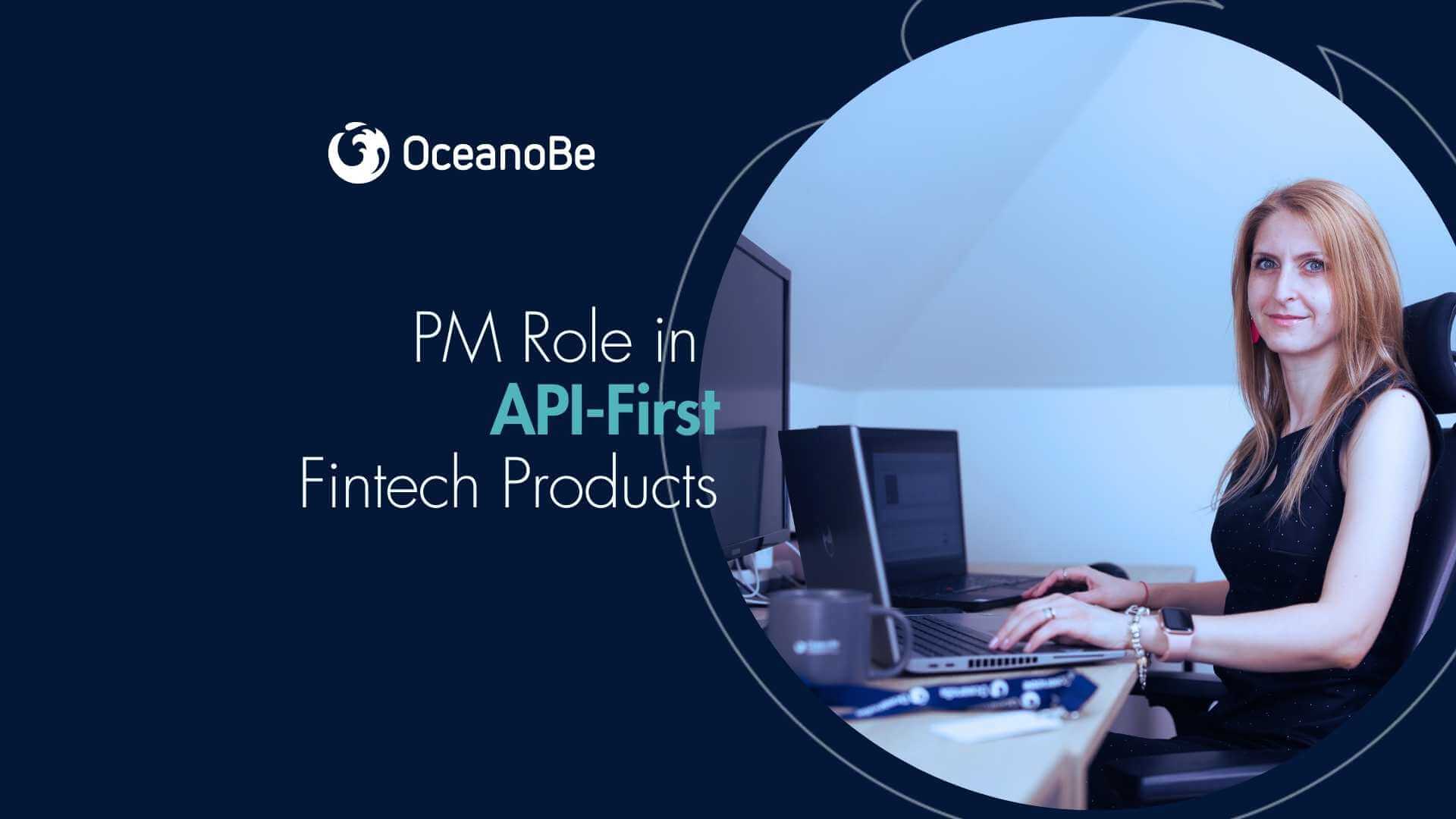PM Role in API-First Fintech Products
What product managers need to know when working on API-centric fintech platforms—from documentation to versioning and developer experience.
What product managers need to know when working on API-centric fintech platforms—from documentation to versioning and developer experience.

The fintech ecosystem runs on APIs. From payment gateways to KYC verification, APIs are the invisible infrastructure enabling interoperability and scale. For product managers (PMs), this API-first approach changes the way products are defined, built, and delivered. Instead of focusing only on end-user features, PMs must orchestrate developer experience, backward compatibility, and long-term maintainability. In fintech, where compliance and reliability are non-negotiable, the role of the PM in API-first platforms becomes even more critical.
An API-first product is not just one that exposes endpoints—it’s one where APIs are treated as first-class citizens of the product strategy. PMs must think of developers (internal teams, fintech partners, and third-party integrators) as primary users. That means prioritizing clarity, stability, and usability of the API alongside the business value it delivers.
Unlike traditional UI-first fintech products, API-first platforms require PMs to:
Documentation is the UI of an API. In fintech, where onboarding new partners or meeting compliance deadlines depends on fast adoption, poor documentation is a blocker. PMs must advocate for:
Interactive API specs (Swagger, OpenAPI) that allow developers to test endpoints.
Code samples in multiple languages to reduce integration friction.
Use-case-driven guides that go beyond technical reference and explain business flows (e.g., “how to initiate a SEPA transfer”).
Investing in high-quality documentation shortens time-to-market for partners, reduces support costs, and ensures consistent implementation.
Fintech APIs cannot afford breaking changes. Payment processors, banks, and regulators depend on stability. A PM’s role is to establish clear versioning policies:
Versioning decisions are not purely technical—they directly affect partner trust, integration costs, and regulatory alignment.
In a crowded fintech ecosystem, the ease of integration is a differentiator. PMs should treat developer experience (DX) as part of product-market fit. That means working with engineering teams to ensure:
Consistent authentication models (OAuth2, JWT).
Clear error handling with actionable messages.
Sandbox environments for testing without risk.
Low latency APIs that don’t degrade customer-facing UIs.
A fintech API that is well-documented, stable, and easy to integrate will see faster adoption than one with feature parity but higher friction.
PMs in fintech cannot ignore compliance. PSD2, PCI DSS, and GDPR all have implications on API design. Product managers must ensure APIs include:
Audit logging for sensitive transactions.
Encryption by default for all endpoints.
Fine-grained permissions aligned with least-privilege principles.
APIs are often the surface regulators examine first—so PMs play a role in bridging compliance requirements with technical delivery.
Managing an API-first product means managing cross-functional alignment:
The PM role becomes that of a connector—ensuring APIs are not only functional but also serve broader business and regulatory needs.
API-first products redefine the role of the product manager in fintech. It’s not only about delivering user-facing features, but also about ensuring developer experience, versioning, and compliance are designed into the core. In an industry where integrations drive growth, PMs who master the API-first mindset will deliver products that scale faster, integrate smoother, and stand out in a competitive market.